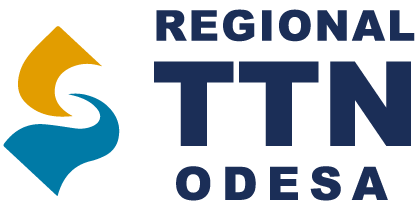As for AngelList, in addition to finding information about startups, foundations and angel investors, you can even try to raise investments using the so-called Syndicate.
This process is somewhat similar to crowdfunding, only more professional from an investor point of view. You can also add detailed information about the company, creators and products on AngelList, as well as specify investors, mentors or advisors.
Both platforms help a startup get on the radar of investors, partners or the press. They absolutely need to register a young startup. Remotely similar to AngelList and Crunchbase, there are two other platforms: Gust and F6S – they also do not interfere with company pages.
Through all these platforms, startups will be able to find potential partners or investors. In addition, some highly rated media from time to time analyze such platforms and talk about new and promising companies in their listings, so there is an opportunity to hit the press unexpectedly.
For example, this is how we has been mentioned by the rather popular Skift edition.
In addition, if your business is domiciled in the US, it will not prevent you from placing yourself on Google Business pages (provided you have a real office or at least co-working). Thus, when searching for information on Google, the company will be sure to appear in the top pages.

The next type of platforms and social networks in which a startup is worth registering depends on the business model. However, it is rather conditional.
First of all, funders need to create their own pages and company pages on LinkedIn, which has over 430 million active users. It is advisable to update these pages regularly.
If a startup is a B2B (business to business) business model, then updating and maintaining these pages is a must. In the USA, this social network is called the most important for businessmen and entrepreneurs. So having LinkedIn pages and being active can definitely help.
Twitter is also a good social network for business, with 310 million users. According to research, over 87% of marketers recommend this social network for the B2B model. As practice shows, for B2C (business to consumer) Twitter remains a dark horse, it is quite difficult to convert subscribers into customers.
Of course, do not forget to register a business page on Facebook. There are many rumors about the effectiveness of this social network, but 1.65 billion monthly active users speak for themselves. Already in the process of the founder understands that it is worth keeping the page active or not enough to let it die and from time to time to publish updates. The same can be said about Twitter.

As for Tik Tok, Instagram, Youtube and Pinterest – these pages are worth keeping if you are a B2C business model and you have the time or money to support these social networks. And if Tik Tok, Pinterest, and Instagram can still be run on their own, Youtube will probably need the help of an operator or installer.
With a good budget or great creativity, these channels can become a real customer base for startups.
If the company is about to enter the US, UK or Australia, let’s not mention Quora and Reddit. These sites can help a startup get traffic, but it is better to register some of the funders than the company.
Responses and publications on behalf of companies are often perceived as advertising and banning. But the creator of the company can become a real expert there, which will help not only to promote business, but also to create brand association with the creator.
All in all, the sites listed above are absolutely enough to do business online and create an image in a startup. The first category of sites will help the company get on the radar of potential partners and investors, and the second part – can find potential clients for the company.
Source: nv.ua
 A startup creator needs to think about what social media networks and platforms will feature information about his / her project. Conventionally, these sites can be divided into business-required and business-model sites.
A startup creator needs to think about what social media networks and platforms will feature information about his / her project. Conventionally, these sites can be divided into business-required and business-model sites.












